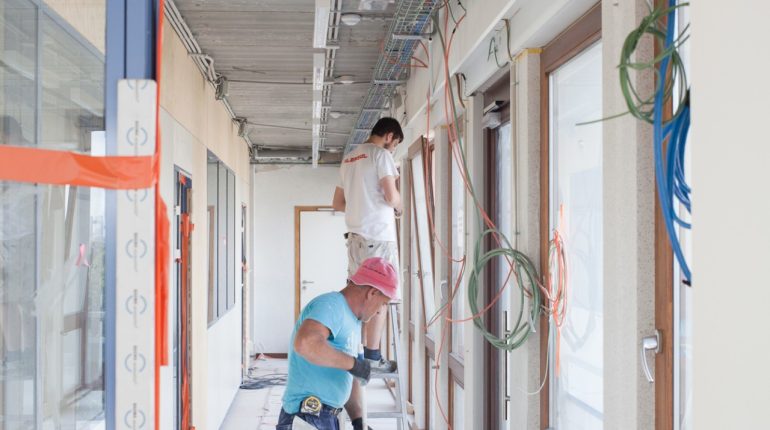For about 20 years, the reuse of building materials has become increasingly prominent in Brussels. The influence of the pioneering work by the collective Rotor is undeniably significant, not only in terms of a mindset shift that taught us to see the beauty of wear in industrially produced materials but also in raising ecological awareness in favor of reuse in the construction sector.
With the urgent need to reduce our CO2 emissions, BMA advocates for a more circular approach to urban development: from material reuse and building preservation to future-adaptable new constructions. This evolution requires a revision of the entire sector. To broadly implement circular construction, new tools, expertise, and logistical chains are needed, along with adapted regulations and permitting processes, new types of collaborations, and a restructuring of the market.
Systematically replacing existing buildings with high-performance new ones is not a solution for BMA, as the demolition required ignores the embodied CO2 in existing structures. New premium buildings may score well on all possible sustainability labels, but they do so mainly by targeting low operational energy consumption, which only leads to CO2 reduction after several decades. However, reducing CO2 emissions today is more important than reductions in the future, because emissions accumulate and we have only a limited time to reduce them. We need strategies that lower emissions in the coming years, not just decades from now. Reuse achieves this and has an immediate impact on the climate.
Circular architecture is no longer a niche. It may still be in its infancy, but our ambition is to make it mainstream in Brussels.
